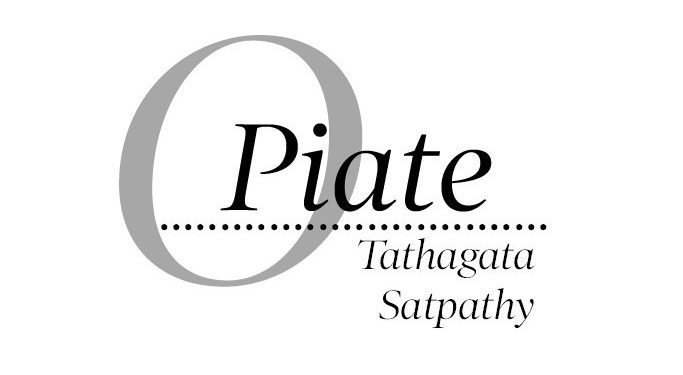It is Imran Khan, Pakistan’s iconic pace bowler, who made ‘reverse swing’ a special weapon in his armoury to fox batsmen and bowl the opposition out thereby winning matches. But, now as prime minister of his country he is facing a different kind of ‘reverse swing’ from fanatics. Religious bigots have been using the law of blasphemy to target individuals and mete out street justice to hapless victims. Over 60 persons were killed in kangaroo courts on the streets during the past three decades. But, the latest lynching surpassed all previous crimes as a mob stoned to death a middle-aged man who supposedly was mentally deranged. There is outrage in Pakistan itself and worldwide condemnation of the killing when law enforcers stood mute spectators as the man bled to death. His crime was alleged desecration of the Quran February 13.
The incident took place in Jungle Dera village of Khanewal district where locals gathered following the announcement that a man, identified only by his first name Mushtaq, had torn some pages of the holy book and set them ablaze. As is normally observed in countries like Pakistan and India, this act was enough to ignite the passion of a mob of fanatics who started pelting stones at him till he bled to death. Reports suggest the police had arrived at the spot before the lynching and had arrested Mushtaq. But the mob snatched him from their custody, lynched him and then hanged him from a tree. The incident drew widespread condemnation from the country’s top leaders, including the prime minister. Police claim they are scanning CCTV footage in the area to identify the assailants. Apparently becoming wise after the event, Imran Khan said, “We have zero tolerance for anyone taking the law into their own hands and mob lynching will be dealt with full severity of the law.” Interestingly, many such similar lynching incidents have been reported from different parts of India too. However, no one from the Central government openly addresses and condemns these issues.
Religion seems to have become the overbearing factor in this subcontinent. Although globally also the confrontations over religious issues have reportedly grown. In a country like the United States, while religious beliefs concerning abortion have always been in the centre stage of debate, the issues concerning racial discrimination have gained strength. So much so that many whites, including white police officers are unhesitatingly shooting and killing black people at random. Racism seems to have gone beyond religious boundaries. Coming back to the Indian subcontinent, one is reminded of the event of Saturday, 18 December 2021, at the Golden Temple in Amritsar of Punjab. A young man barged into the inner sanctum of the holiest of Sikh shrines and attempted ‘sacrilege’ by grabbing the ceremonial sword. While live camera broadcast was in progress, the man was beaten to death by people present there. While such incidents get highly noticed in the media, there are many other smaller religious confrontations that go unnoticed.
The hijab issue of Karnataka is another interesting religious point to note. Indian Moslems have successfully convinced a segment of their womenfolk to cover their heads with the hijab. There are voices which clamour for the ‘right’ of Moslem women to wear the hijab and for liberal minded Hindoos to support this. A parallel can be drawn to the ‘ghoonghat’ used by Hindoo women in Rajasthan. That state is also known for child marriages and even few incidents of Sati. A liberal thinking Indian, no matter Hindoo or Moslem, is expected to speak up for women to be treated as equals in society. Any religious practice that debars women from being treated as equals whether in matters of clothing or methods of prayers should not be supported in a modern civilized society and such practices definitely should not affect government or institutional functioning.







































